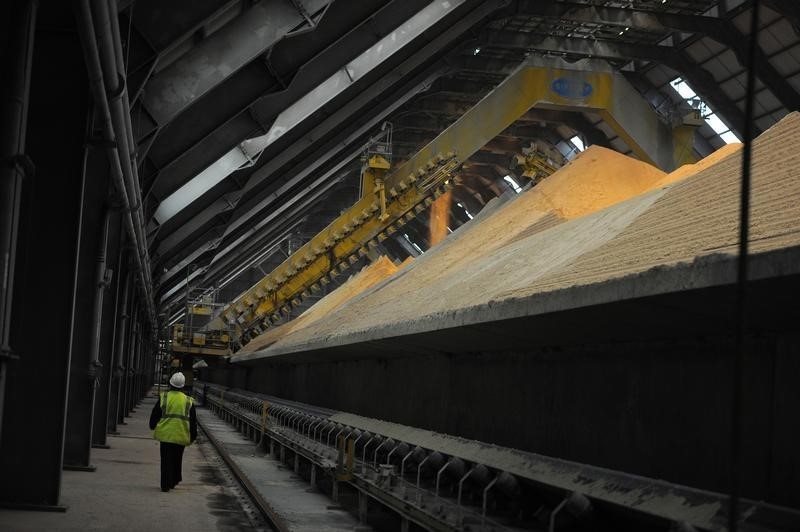Proactive Investors - After the UK renewable energy auction that failed to garner a single offshore wind contract, the government may need to extend deals with the likes of Drax Group (LSE:LON:DRX) to keep their coal and biomass power stations going for longer.
On Friday, it was confirmed that not one bid was made for the 5GW of offshore wind capacity up for grabs in the latest auction round, with the industry calling for better price guarantees and other support to encourage investment.
Saying the auction had “flopped”, Investec analysts predicted that Downing Street will now need to agree on a deal with Drax.
The FTSE 250-listed power company has been facing some uncertainty as the existing subsidy to provide electricity from burning wood pellets ends in 2027.
Though it has taken some encouragement from recent government support for some of its activities, Drax has claimed it faces a gap in its funding, with its £2bn carbon capture project not expected until 2030.
The Investec analysts said: "This is a major blow to seeing 50GW of offshore wind by 2030, but underscores the importance of agreement of a post-2027 bridging mechanism with Drax, as energy security concerns will rise.
"Keeping Drax on the system post March 2027 looks ever more important, and we suggest that government moves at pace in agreeing a post 2027 bridging mechanism."
Drax had been embroiled in some controversy relating to CfDs last month. The company was accused of avoiding generating enough power from one of its biomass units to warrant repayments to the public.
Bloomberg reported that since last year, the company has repeatedly reduced generation from Unit 1 of its North Yorkshire power plant, from which energy prices are capped under the CfD scheme.
Given higher wholesale prices, the company would likely have sold much of the power above the unit’s £118.54/MWh strike price.
However, by choosing to generate from other units which aren’t tied into the contracts, and even selling unused pellets it burns to produce power, Drax essentially swerved the repayments of £639 million being made back to households via their energy suppliers.
Drax denied deliberately doing so, saying the claims were "false, inaccurate, and misleading", and that it had made decisions based on economic and consumer risks.
Former energy secretary Ed Davey accused the generator of acting against the “national interest” and playing a system designed to “protect customers”.
